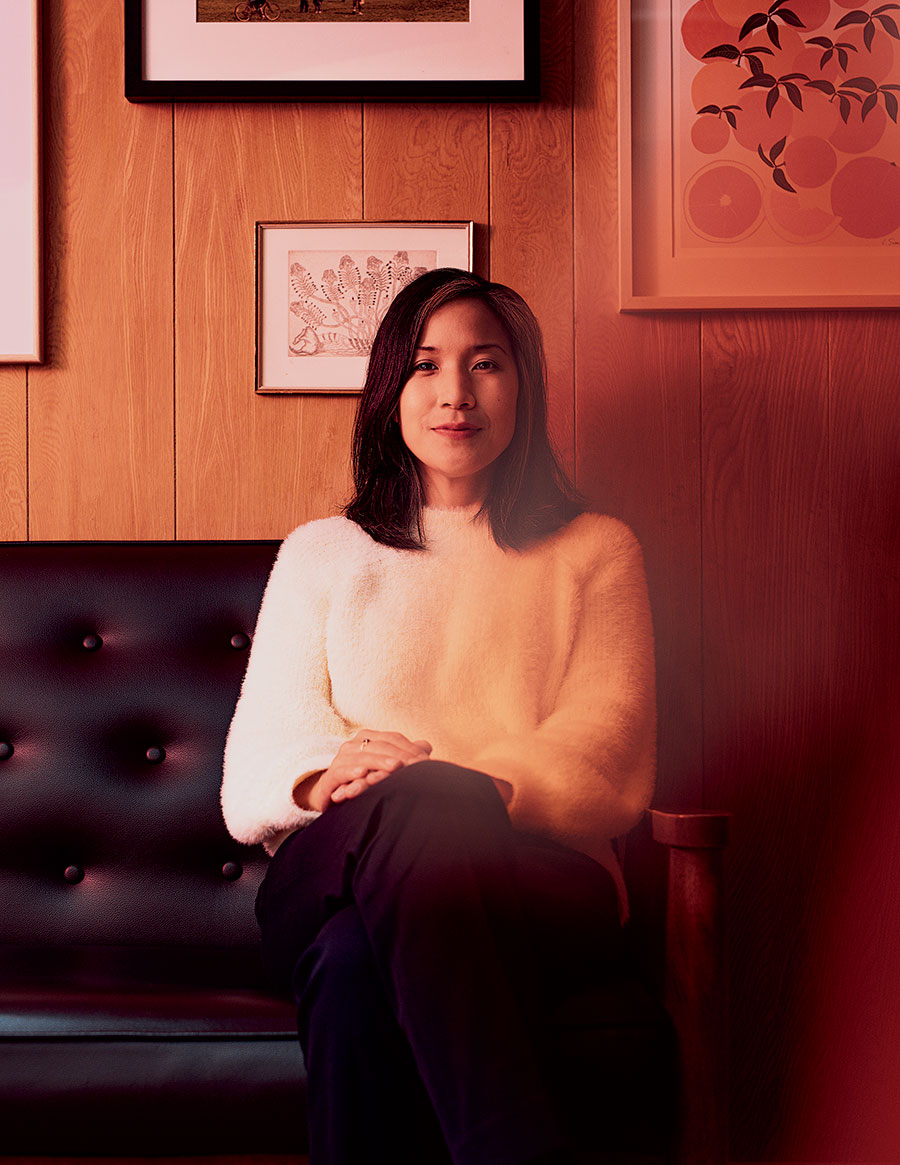While expecting her first child 10 years ago, chef Beverly Kim discovered her insurance didn’t provide maternity benefits. And at six months pregnant, when the discomforts of working the line became unbearable, she was compelled to surrender her job in fine dining for a position at a grocery store. She’d worked in the restaurant industry since she was a teenager, but now she wondered if she had a future there. “Those 15 years of investment, I was just going to drop it,” she recalls, “because it became almost impossible.”
Though Kim would find her way back to cooking, going on to open Parachute (which earned a Michelin star) and Wherewithall, she knew she was an outlier. For years, she’d watched talented female colleagues fall off the scene when they became parents, stymied by the fundamental incompatibility of motherhood with an industry that runs on unorthodox hours, low pay, scant health coverage, and little to no leave. It seems no coincidence that women occupy less than 7 percent of executive chef roles nationally, despite graduating from culinary school at roughly the same rate as men.
In mid-2020, with schools shut down and child care scarce, Kim — by then a mom of three — made the hard decision to close the takeout program that had sustained her restaurants during the pandemic. The forced sabbatical gave her time to reflect on the challenges that make it difficult for mothers to succeed as chefs. The #MeToo movement had exposed systemic inequities, but real solutions were still lacking.
Kim rallied fellow chefs, including her mentor Sarah Stegner (Prairie Grass Cafe) and Debbie Gold (Found), to launch the Abundance Setting, an organization that aims to create a more sustainable career pathway for women. It connects moms with child care outside of the traditional 9-to-5 structure and provides free community-supported-agriculture boxes as well as thrice-weekly meals prepared by local chefs. Kim says these meals not only give the women a financial break but also afford them time to focus on business plans, family, and self-care.
Notably, the program offers mentorship to moms. “When you have a mentor, their goal is to push you,“ Kim says. “It gets you back to a positive place where you can see the possibilities.”
The Abundance Setting’s practical initiatives are all part of a greater project of reimagining the kitchen as a more balanced and inclusive place. If that sounds ambitious, for Kim, it comes down to starting a conversation: “Everything is about vision and who’s telling the story, and women didn’t really get a chance to tell the story,” she says. “We just need to start talking about it, and that will be a catalyst for this change that will impact future generations.”



